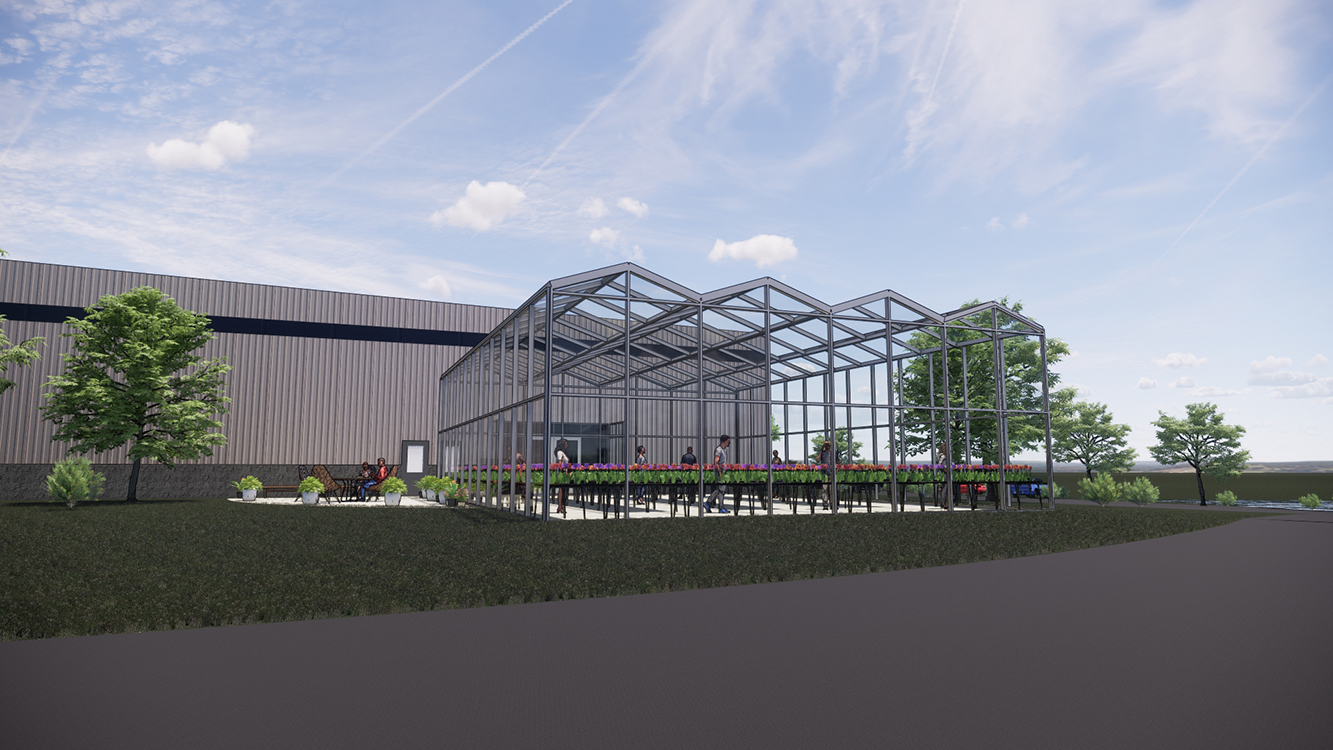Dramm’s Research Greenhouse
Manitowoc, Wisconsin - Construction has started on Dramm's new research greenhouse. Theaddition to the new factory and headquarters will allow for...
1 min read
 Press Release
:
Dec 19, 2024 3:47:57 PM
Press Release
:
Dec 19, 2024 3:47:57 PM
Richmond, VA (December 19, 2024)—As landscaping companies nationwide deal with rising operational costs and growing environmental regulations, many are turning to propane-powered equipment to stay competitive and meet sustainability goals. The Propane Education & Research Council (PERC) highlights propane as an economical and eco-friendly alternative to traditional fuels, helping landscape professionals increase productivity and reduce emissions.
“Propane offers a unique combination of affordability, efficiency, and environmental benefits,” said Michael Newland, director of agriculture business development at PERC. “By utilizing propane-powered mowers and equipment, landscaping businesses are seeing immediate savings and positioning themselves as leaders in sustainable practices.”
Fuel costs are a significant factor in landscaping crews' overall operating expenses. Propane-powered mowers provide a cost-effective solution by combining lower operational costs with less downtime. Unlike their gasoline-powered counterparts, propane-powered mowers can be refueled quickly on site using portable cylinders, allowing crews to spend less time at gas stations and more time on the job.
Propane mowers also require a lower upfront investment compared to electric equipment, which often requires expensive charging infrastructure and carries limited run times. The average propane mower costs between $8,000 and $12,000, compared to $20,000 to $30,000 for electric models, making propane an accessible choice for businesses seeking value without sacrificing performance.
In addition to cost savings, propane-powered equipment delivers measurable environmental benefits. Compared to gasoline-powered mowers, propane mowers reduce greenhouse gas emissions by up to 17 percent, nitrogen oxides by 19 percent, and sulfur oxides by 16 percent. With quieter operation and no gasoline spills to worry about, crews can work longer hours in noise-sensitive or environmentally regulated areas.
“Landscaping professionals are increasingly asked to maintain properties using more sustainable methods,” Newland said. “Propane not only meets these demands but also allows contractors to operate in areas where traditional fuel-powered equipment may be restricted.”
PERC offers a variety of tools and resources to support landscape professionals considering the switch to propane, including the Mower Cost Calculator. This easy-to-use tool helps businesses estimate potential savings by comparing propane to other fuel options. PERC invites everyone to learn more about propane’s contributions to energy equity, environmental responsibility, and economic savings at Propane.com.
The Propane Education & Research Council is a nonprofit that provides leading propane safety and training programs and invests in research and development of new propane-powered technologies. PERC is operated and funded by the propane industry.

Manitowoc, Wisconsin - Construction has started on Dramm's new research greenhouse. Theaddition to the new factory and headquarters will allow for...

Increase your landscape company’s profitability by making better purchasing decisions By Bryan Mours, Vice President of Customer Experience, Aspire...

ROSWELL, GA (October 8, 2024)—SiteOne® Landscape Supply is offering a new service forcustomers, the Equipment Service Desk.